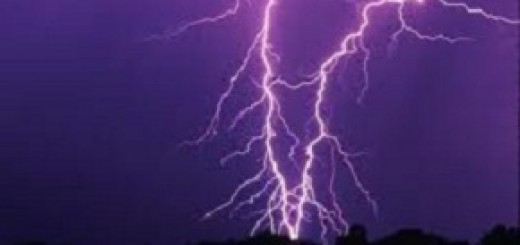By Shalom Olensky
This week in the Torah:
A prominent Levite named Korach convinces over 250 Jewish leaders to protest in defiance against Aaron’s priesthood and Moses’s leadership. The entire nation is holy and G-d is amongst them, they claimed; why do you raise yourself over G-d’s people? For this mutiny they were punished in a way that proved to all that G-d Himself had chosen these specific authority figures.
Question:
Korach did not begin his uprising until after the downfall of the defeatist spies (mentioned last week). But Aaron, and certainly Moses, had been installed as chief leaders quite a while beforehand. What was it about the spies that triggered Korach’s uprising?
Explanation:
The lesson learned from the spies’ downfall was that G-d desires for his people to be involved with the physical elements, (which the spies despised), in order to properly sanctify them; by doing a Mitzvah with them. “The deed is the essential.”
This evoked Korach’s claim for Jewish equality without distinction of rank. Korach observed that physical observance is equal by everyone. People differ only intellectually, emotionally and spiritually, but the physical act of doing a physical Mitzvah is equal by all. And if so, he reasoned, there was no essential need for Jewish leadership, for Judaism deems action the essential, in which everyone is equal.
Furthermore:
Moses led the Jews as a monarch; a) completely exalted above the nation, and b) responsible for each and every need, indeed for the very existence, of each member of, and the entire, nation.
Based on the above lesson from the spies, Korach did not understand the need for this.
Question:
Moses replied that this mutiny will be resolved in the morning. Why the wait?
Rashi:
- Moses waited till morning to give Korach and company a chance to repent.
- Moses was intimating that just as morning and night are perpetually different and divided, so too the leaders and priests from the common folk.
Questions on Rashi:
- What is the idea behind, specifically, one night for repenting; not more and not less?
- To indicate the difference between night and day, seemingly, Moses needed just to wait until nightfall. Why wait till the next morning?
Answers:
Morning symbolizes light. The meaning behind spiritual authority in a religion that deems action the essential, is that this action must be luminous as well. I.e. Judaism demands that Mitzvos be done with feeling as well. An instant of repentance, does not compare to a whole night’s worth. The Mitzvos are meant to, not only draw G-dliness into the world, but to reveal this G‑dliness. And G-dliness is revealed by the man’s feeling in doing a Mitzvah. For this, spiritual leaders are necessary, like Aaron and his sons. And they must even be as exalted and as broadly enveloping as a king, like Moses.
Lesson:
In Judaism, deed and feeling are both necessary.
(Based on Likkutei Sichos Vol. 4, Korach)





















